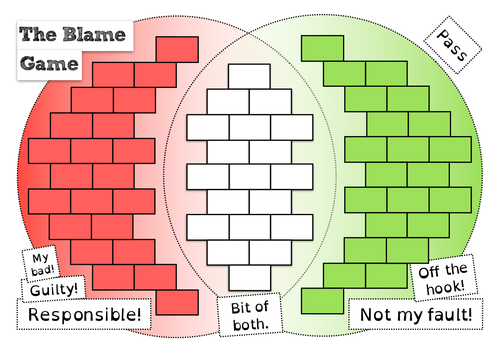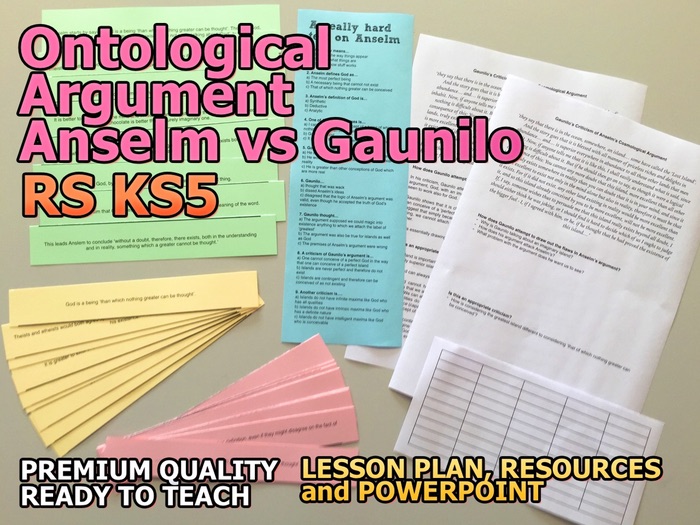REsource by Todd Beamish
I work as a Head of Philosophy, Religion and Ethics in one of the country's highest achieving state schools. I am passionate about ensuring that my subject is engaging, relevant and academically rigorous. I devote time imagining, creating, differentiating and tailoring my resources so that the students benefit from quality teaching materials and I hope that they are of real benefit to your own practice.





















